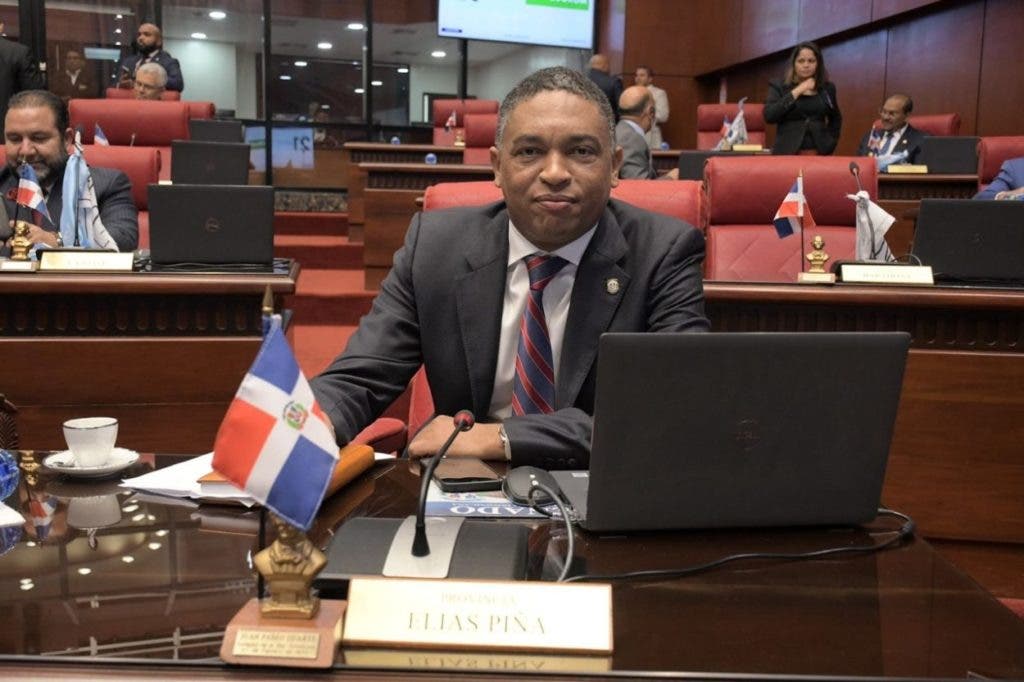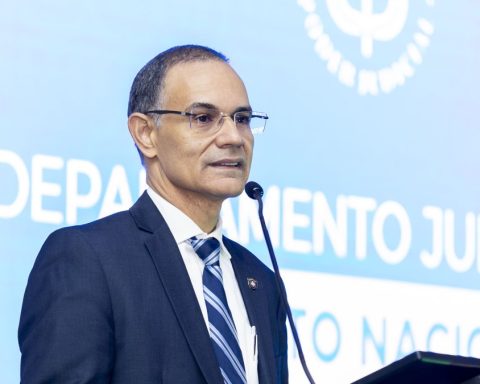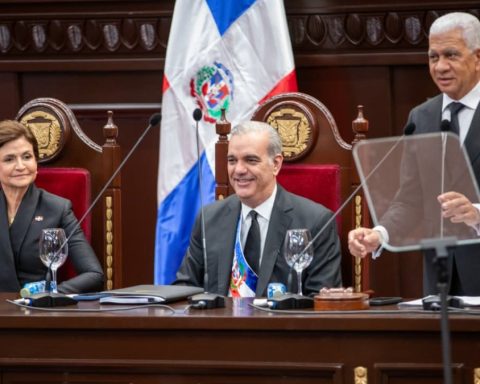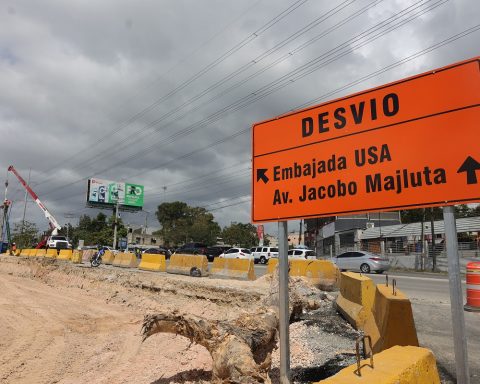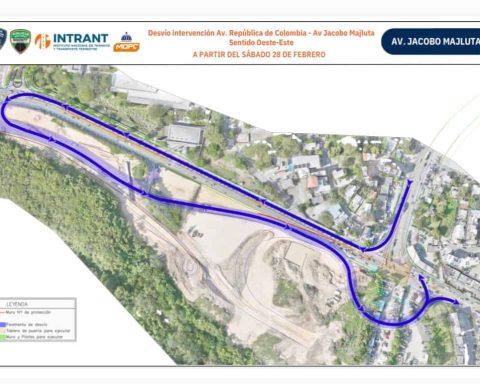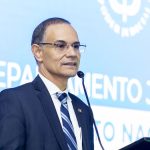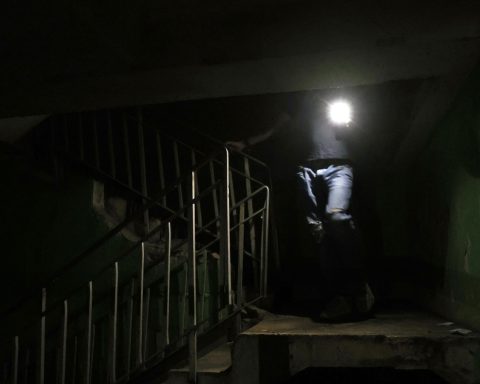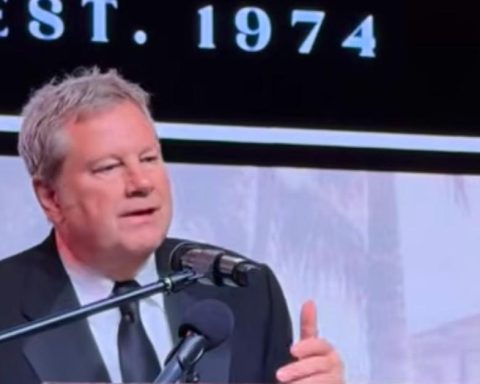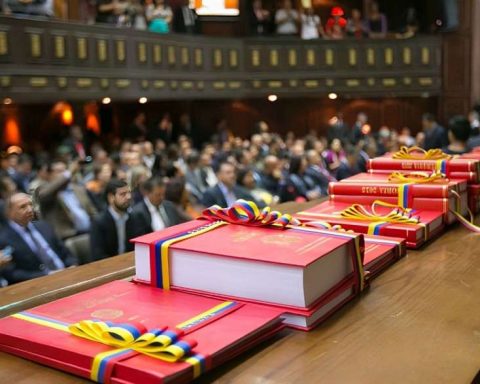The bloc of senators from the Dominican Liberation Party (PLD) assured this morning that the sole purpose of the call for the new legislature made by President Luís Abinader is to guarantee the approval of pending loans and the issue of public trusts, because it will allow you to have more resources with few administrative controls.
Ivan Lawrence He also reported that the projects approved yesterday by the Chamber of Deputies have perished as decree 3-23 issued yesterday by the head of state is not an extension of the legislature, but a new, but extraordinary one.
“Look, the President of the Republic and the official party have not been interested in the Organic Law 15-19 of the Electoral Regime or that of Political Parties, nor that of Social Security, they are only interested in pending loans, look, as an example, yesterday another loan of US$100 million arrived that had been approved in the Chamber of Deputies,” said the PLD leader.
You may be interested in reading: President Abinader convenes an extraordinary legislature
He added that “Abinader’s interest is to be able to manage a greater flow of resources, and with few administrative controls and little transparency, that is the perception we have from the Dominican Liberation Party”
He asked the Central Electoral Board (JCE) to reintroduce the draft electoral laws because, in his opinion, the president has not shown interest in their approval.
“And what I’m telling you is because everyone knows here that they have a majority in both chambers, but only the projects sent by the Executive Power are approved and there are the statistics of the projects endorsed in both chambers, most come from the Palace . But obviously, the electoral laws have not been among them, which are so important for the Board to organize transparent elections in 2024 in time,” Lorenzo opined.
The member of the PLD Political Committee also said that “we ask the JCE to reintroduce these projects because this is a new legislature, but we will do it anyway.”
He stressed that all the projects approved at the last minute by the deputies and others that are still being discussed, such as the reform of Law 15-19 of the Electoral Regime, have already passed two legislatures and therefore perished.
The representative of the province Elías Piña explained for the PLD that article 100 of the 2010 Constitution establishes that the extraordinary calls made by the Executive Branch do not apply to bills being processed in Congress.
Article 100 of the Magna Carta states that: “Extraordinary calls made by the Executive Power to the legislative chambers will not be effective for the purposes of the perpetuation of bills in process.”

Faride Raful
For her part, the president of the Senate Finance Committee and pro-government leader, Faride Raful, said that the Public Trust Law is important but it will not be “a panacea.”
“It will be our duty to monitor its implementation, supervising the men and women who are called to direct these initiatives once they are launched. Any structure where men and women are is fallible. We subject Public Trusts to the Law of Free Access to Public Information to give greater transparency to their actions and citizen control,” Raful said in a tweet.
He added that “we gave greater transparency in the operation, since in the Senate we included the Comptroller General and the Chamber of Accounts (bodies of external and internal control) as supervisory bodies of the Public Trusts.
decree extends legislature
Yesterday, through decree 3-23, President Abinader convened an extraordinary legislature that will take place between the 13th of this month and next February 15, a time in which important projects pending approval in the National Congress must be heard.
I quote that the projects that deal with the regime of public purchases and contracting, the regime of administration and disposal of seized and abandoned assets in criminal proceedings and in asset forfeiture trials.
In addition, among the pending issues are the regulation of public trusts, the comprehensive protection of women, the statute of public service, among other issues relevant to the country’s institutionality.
